
Deutsch-Chinesische Enzyklopädie, 德汉百科
 Brazil
Brazil
 Abd al-Fattah as-Sisi
Abd al-Fattah as-Sisi
 African Union
African Union
 African Union
African Union
 Mohamed Ould Ghazouani
Mohamed Ould Ghazouani
 African Development Bank
African Development Bank
 African Development Bank
African Development Bank
 Akinwumi Adesina
Akinwumi Adesina
 Anthony Albanese
Anthony Albanese
 António Guterres
António Guterres
 Anwar Ibrahim
Anwar Ibrahim
 Arab League
Arab League
 Arab League
Arab League
 Ahmed Aboul Gheit
Ahmed Aboul Gheit
 Brazil
Brazil
 Charles Michel
Charles Michel
 Claudia Sheinbaum
Claudia Sheinbaum
 Cyril Ramaphosa
Cyril Ramaphosa
 Emmanuel Macron
Emmanuel Macron
 Financial Stability Board,FSB
Financial Stability Board,FSB
 Financial Stability Board,FSB
Financial Stability Board,FSB
 Klaas Knot
Klaas Knot
 Food and Agriculture Organization,FAO
Food and Agriculture Organization,FAO
 Food and Agriculture Organization,FAO
Food and Agriculture Organization,FAO
 Qu Dongyu
Qu Dongyu
 Gabriel Boric
Gabriel Boric
 Giorgia Meloni
Giorgia Meloni

 Hand in Hand
Hand in Hand
 Inter-American Development Bank
Inter-American Development Bank
 Inter-American Development Bank
Inter-American Development Bank
 Ilan Goldfajn
Ilan Goldfajn
 International Labour Organization,ILO
International Labour Organization,ILO
 International Labour Organization,ILO
International Labour Organization,ILO
 Gilbert Houngbo
Gilbert Houngbo
 Internationaler Währungsfonds
Internationaler Währungsfonds
 Internationaler Währungsfonds
Internationaler Währungsfonds
 Kristalina Georgiewa
Kristalina Georgiewa
 Javier Milei
Javier Milei
 Joe Biden
Joe Biden
 Jonas Gahr Støre
Jonas Gahr Støre
 Justin Trudeau
Justin Trudeau
 Keir Starmer
Keir Starmer
 United Nations Conference on Trade and Development
United Nations Conference on Trade and Development
 United Nations Conference on Trade and Development
United Nations Conference on Trade and Development
 Rebeca Grynspan
Rebeca Grynspan
 Development Bank of Latin America and the Caribbean
Development Bank of Latin America and the Caribbean
 Development Bank of Latin America and the Caribbean
Development Bank of Latin America and the Caribbean
 Sergio Díaz-Granados Guida
Sergio Díaz-Granados Guida
 Lawrence Wong
Lawrence Wong
 Luis Arce
Luis Arce
 Luís Montenegro
Luís Montenegro
 Luiz Inácio Lula da Silva
Luiz Inácio Lula da Silva
 Narendra Modi
Narendra Modi
 New Development Bank
New Development Bank
 New Development Bank
New Development Bank
 Dilma Rousseff
Dilma Rousseff
 Olaf Scholz
Olaf Scholz
 Pedro Sánchez
Pedro Sánchez
 Phạm Minh Chính
Phạm Minh Chính
 Prabowo Subianto
Prabowo Subianto
 Recep Tayyip Erdoğan
Recep Tayyip Erdoğan
 Rio de Janeiro
Rio de Janeiro
 Shigeru Ishiba
Shigeru Ishiba
 UNESCO
UNESCO
 UNESCO
UNESCO
 Audrey Azoulay
Audrey Azoulay
 Ursula von der Leyen
Ursula von der Leyen
 World Bank
World Bank
 World Bank
World Bank
 Ajay Banga
Ajay Banga
 World Health Organization, WHO
World Health Organization, WHO
 World Health Organization, WHO
World Health Organization, WHO
 Tedros Adhanom
Tedros Adhanom
 World Trade Organization
World Trade Organization
 World Trade Organization
World Trade Organization
 Ngozi Okonjo-Iweala
Ngozi Okonjo-Iweala
 Xi Jingping
Xi Jingping
 Yoon Suk-yeol
Yoon Suk-yeol


With a fluid representation of the nations that are part of the G20 — through the diversity of member countries’ flag colors —, the Brazilian presidency’s logo highlights the dynamism and multilateralism with which Brasil approaches global issues.
In an organic and striking way, the logo presents global cooperation, the relationship of mutual respect, and the collaboration between the leaders of member countries. The resulting symbol is the stylized map of Brasil, the nation that now takes on the group's rotational presidency.
More than a motto, the slogan “Building a just world and a sustainable planet” expresses Brasil's commitment and desire to promote fair agreements that promote global economic and social development. It also highlights the Brazilian motto for this mandate: the reduction of hunger, poverty and inequality worldwide, as well as socio-environmental development that includes a fair and inclusive ecological transition.
The idea is to represent the commitment to a more equitable governance model — in which trade agreements can promote both economic prosperity and fuller social inclusion.
2024年G20里约热内卢峰会(葡萄牙语:Cúpula do G20 Rio de Janeiro 2024)是即将举行的二十国集团第十九次峰会,峰会定于2024年11月18日至19日巴西里约热内卢现代艺术博物馆举行。其主题是“建造公正的世界和永续发展的行星”(英语:"Building a Just World and a Sustainable Planet"、葡萄牙语:'Construindo um Mundo Justo e um Planeta Sustentável')。
 Argentina
Argentina
 Australia
Australia
 Brazil
Brazil
 Chile
Chile

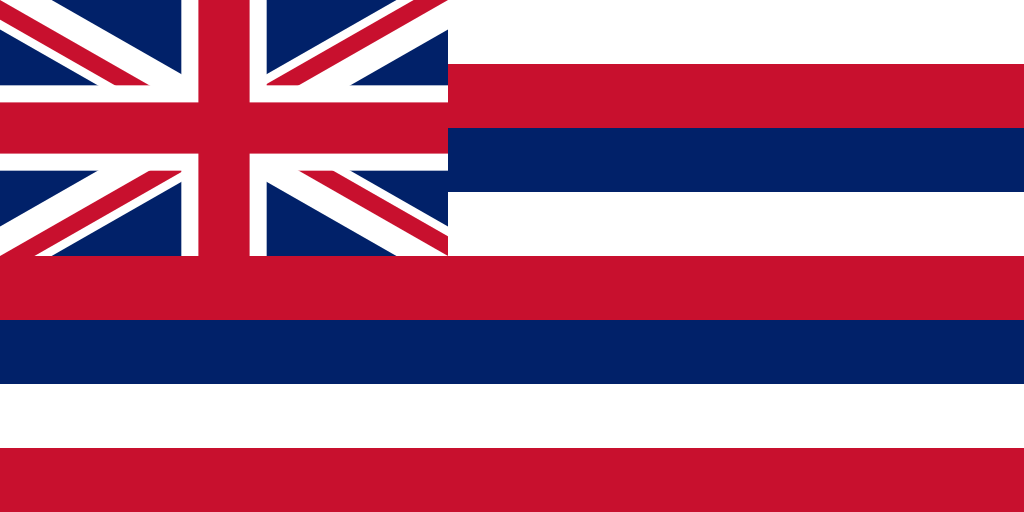 Hawaii-HI
Hawaii-HI
 Canada
Canada



 Aerospace
Aerospace
 National Optical Astronomy Observatory
National Optical Astronomy Observatory
 United States
United States
 United Kingdom
United Kingdom


 Brazil
Brazil
 Gol Transportes Aéreos
Gol Transportes Aéreos

 Transport and traffic
Transport and traffic

 Transport and traffic
Transport and traffic
 Low-cost airlines
Low-cost airlines

 Companies
Companies

 Argentina
Argentina
 Brazil
Brazil
 Germany
Germany
 Diego Forlán
Diego Forlán
 FIFA Fussball-Weltmeisterschaft 2014
FIFA Fussball-Weltmeisterschaft 2014
 FIFA Fussball-Weltmeisterschaft 2018
FIFA Fussball-Weltmeisterschaft 2018
 FIFA Fussball-Weltmeisterschaft 2022
FIFA Fussball-Weltmeisterschaft 2022
 FIFA WM Goldener Ball
FIFA WM Goldener Ball
 France
France
 Italy
Italy
 Croatia
Croatia
 Lionel Messi
Lionel Messi
 Luka Modrić
Luka Modrić
 Maradona
Maradona
 Oliver Kahn
Oliver Kahn
 Paolo Rossi
Paolo Rossi
 Romário
Romário
 Ronaldo
Ronaldo
 Salvatore Schillaci
Salvatore Schillaci
 Uruguay
Uruguay
 Zinédine Zidane
Zinédine Zidane

 Argentina
Argentina
 Brazil
Brazil
 Bulgaria
Bulgaria
 Chile
Chile
 Columbia
Columbia
 Germany
Germany
 FIFA Fussball-Weltmeisterschaft 2014
FIFA Fussball-Weltmeisterschaft 2014
 FIFA Fussball-Weltmeisterschaft 2018
FIFA Fussball-Weltmeisterschaft 2018
 FIFA Fussball-Weltmeisterschaft 2022
FIFA Fussball-Weltmeisterschaft 2022
 FIFA WM Goldener Schuh
FIFA WM Goldener Schuh
 France
France
 Italy
Italy
 Croatia
Croatia
 Poland
Poland
 Portugal
Portugal
 Russia
Russia
 Czech Republic
Czech Republic
 Hungary
Hungary
 United Kingdom
United Kingdom






 Argentina
Argentina
 Australia
Australia
 Brazil
Brazil
 China
China
 Germany
Germany
 England
England

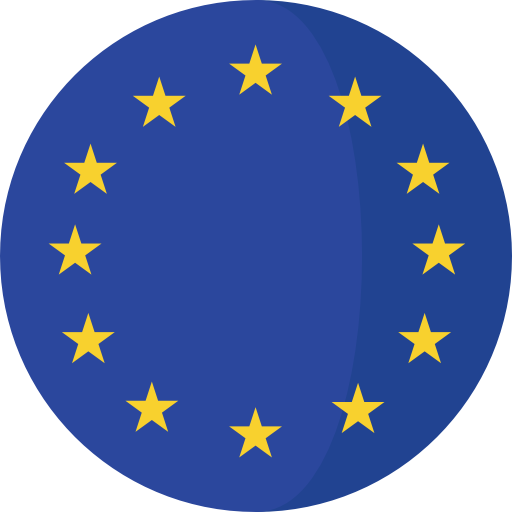 European Union
European Union
 France
France

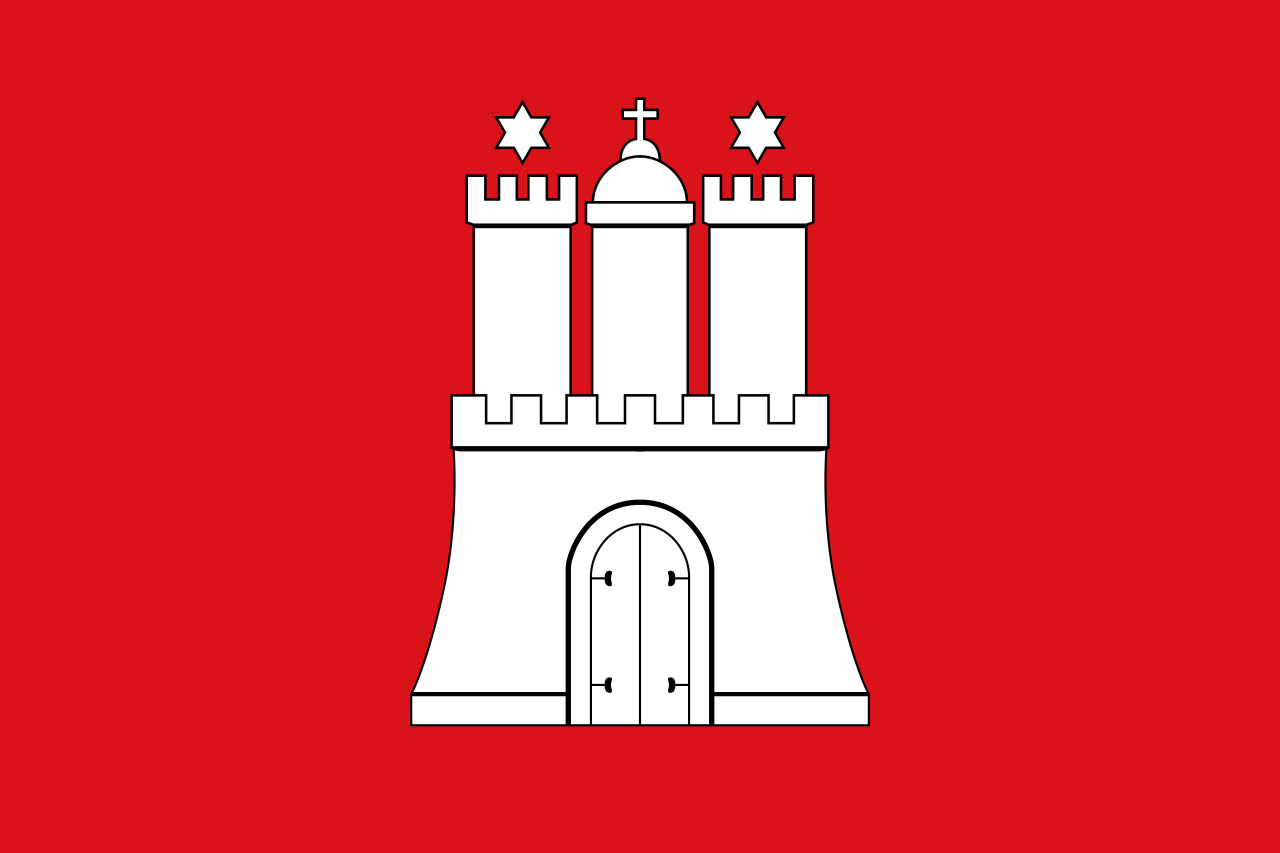 Hamburg
Hamburg

 Hand in Hand
Hand in Hand
 India
India
 Indonesia
Indonesia
 Italy
Italy
 Japan
Japan
 Canada
Canada
 Mexico
Mexico

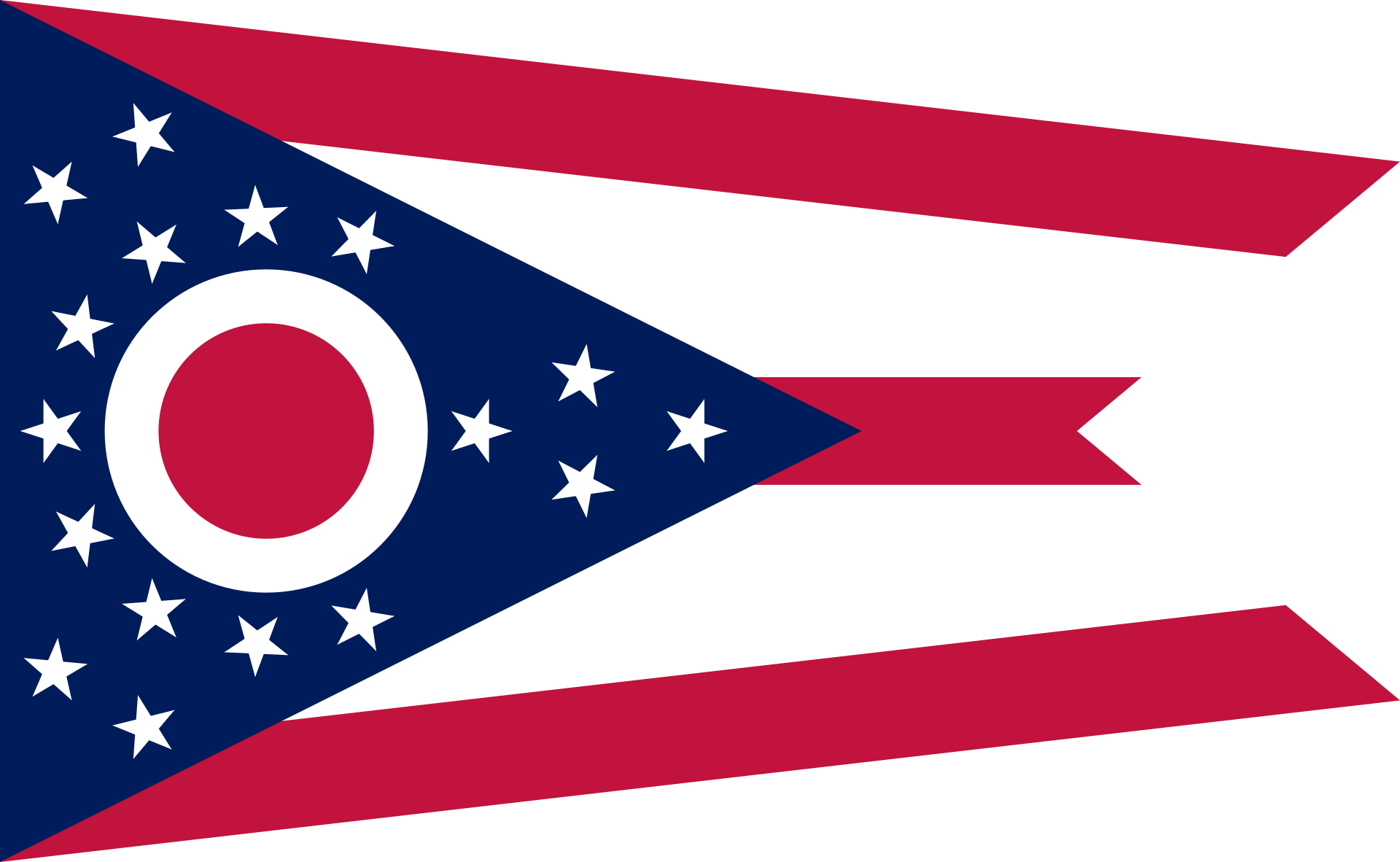 Ohio-OH
Ohio-OH

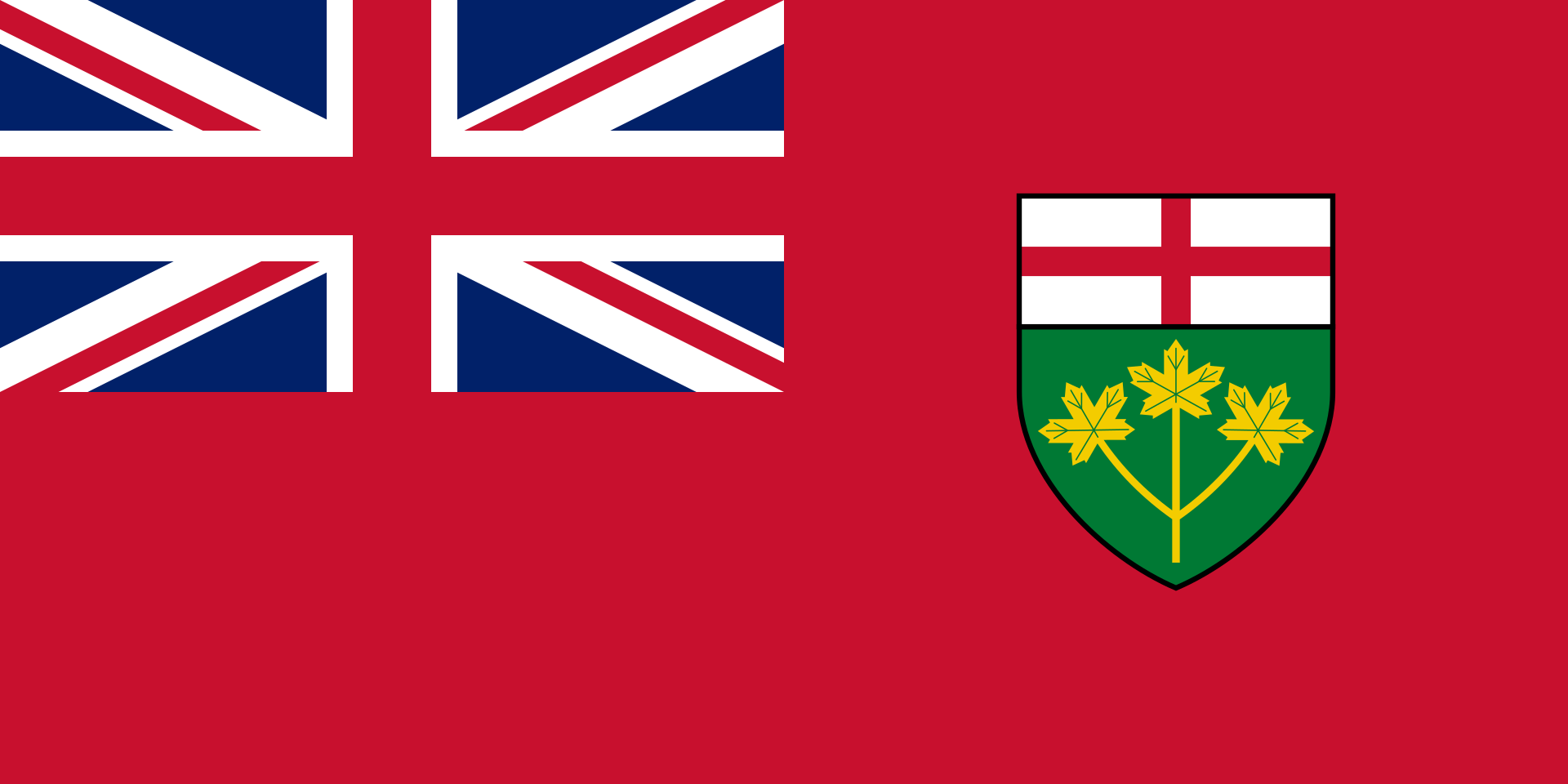 Ontario-ON
Ontario-ON

 Party and government
Party and government

 Party and government
Party and government
 Group of the twenty most important industrial and emerging countries
Group of the twenty most important industrial and emerging countries

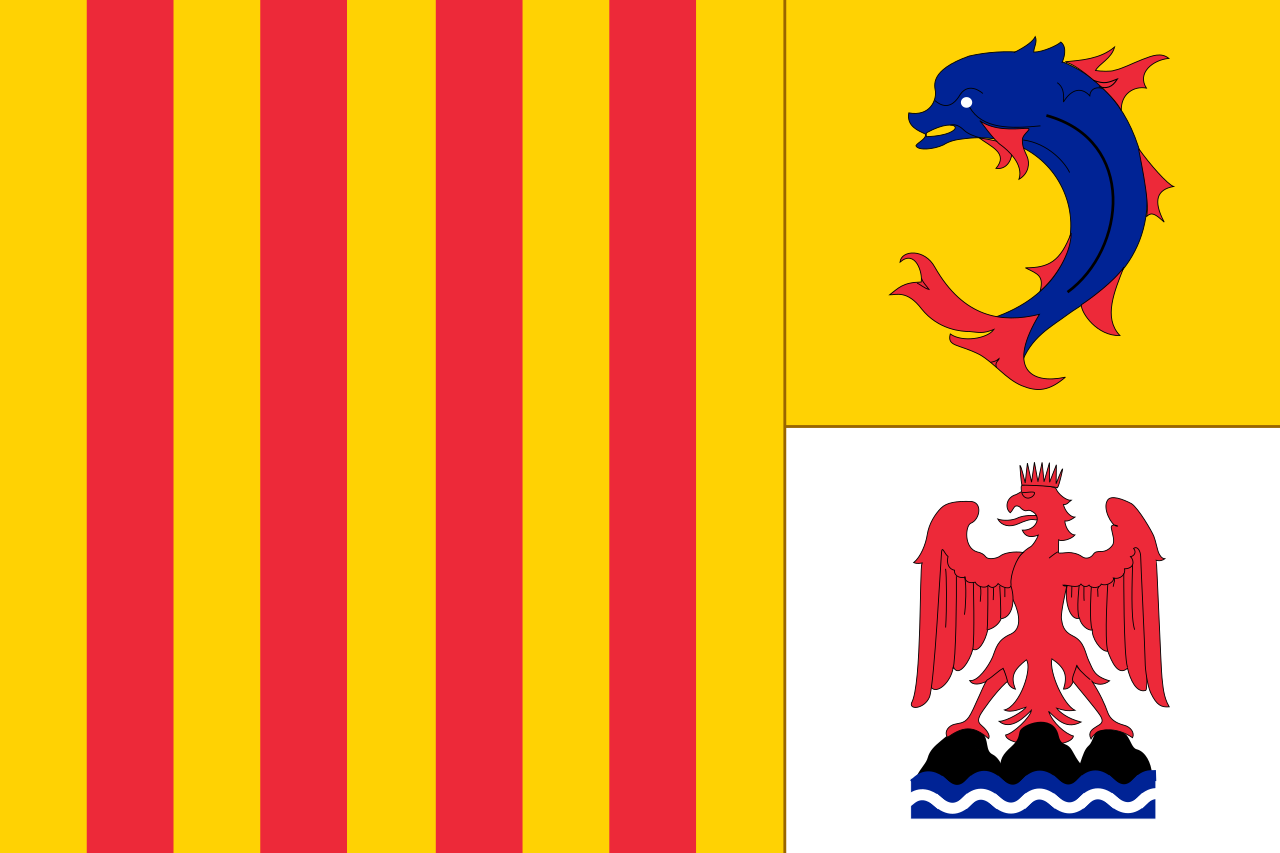 Provence-Alpes-Côte d´Azur
Provence-Alpes-Côte d´Azur

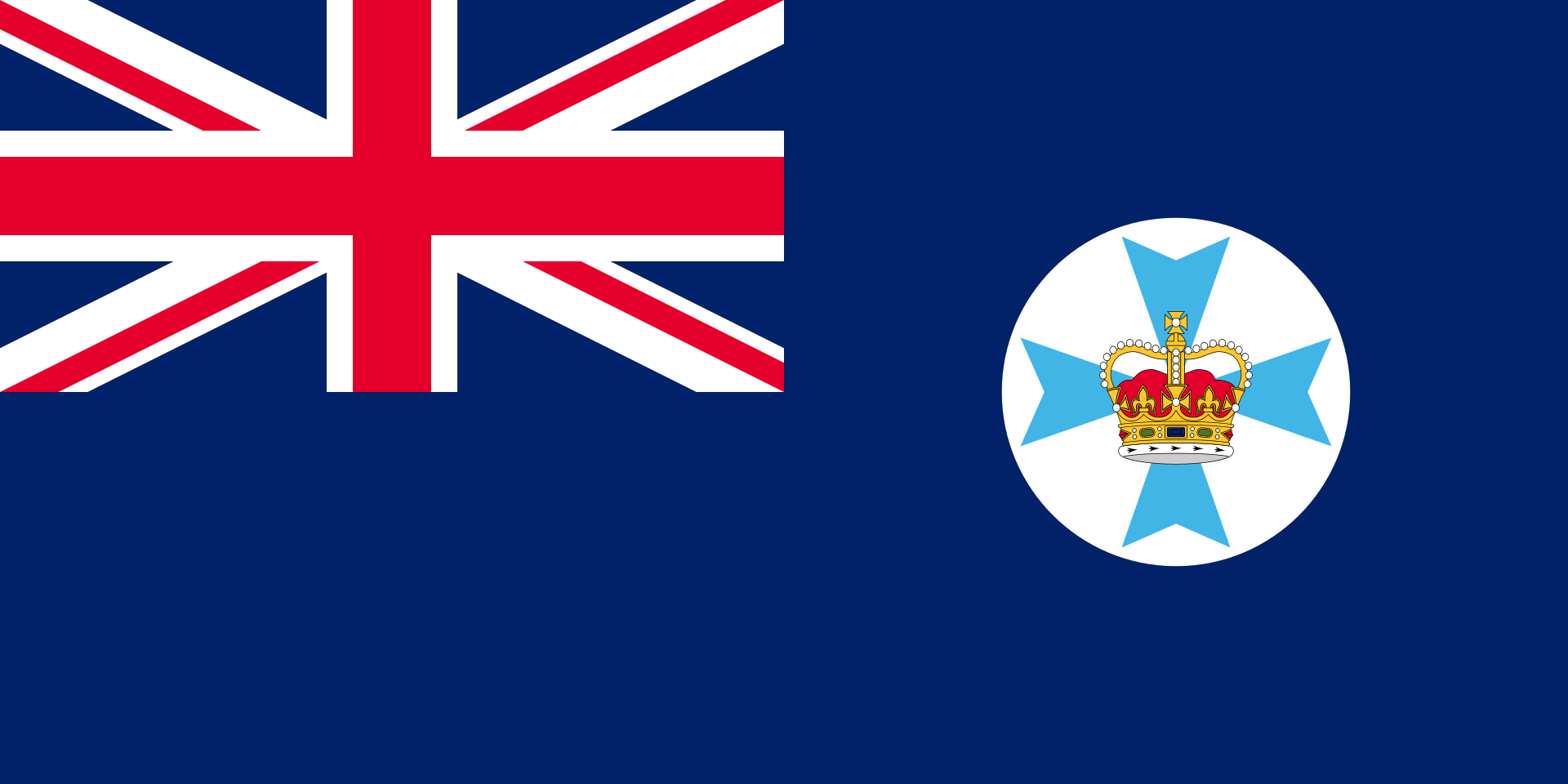 Queensland-QLD
Queensland-QLD
 Republic of Korea
Republic of Korea
 Russia
Russia
 Saudi Arabia
Saudi Arabia
 South Africa
South Africa
 Turkey
Turkey
 United States
United States
 United Kingdom
United Kingdom

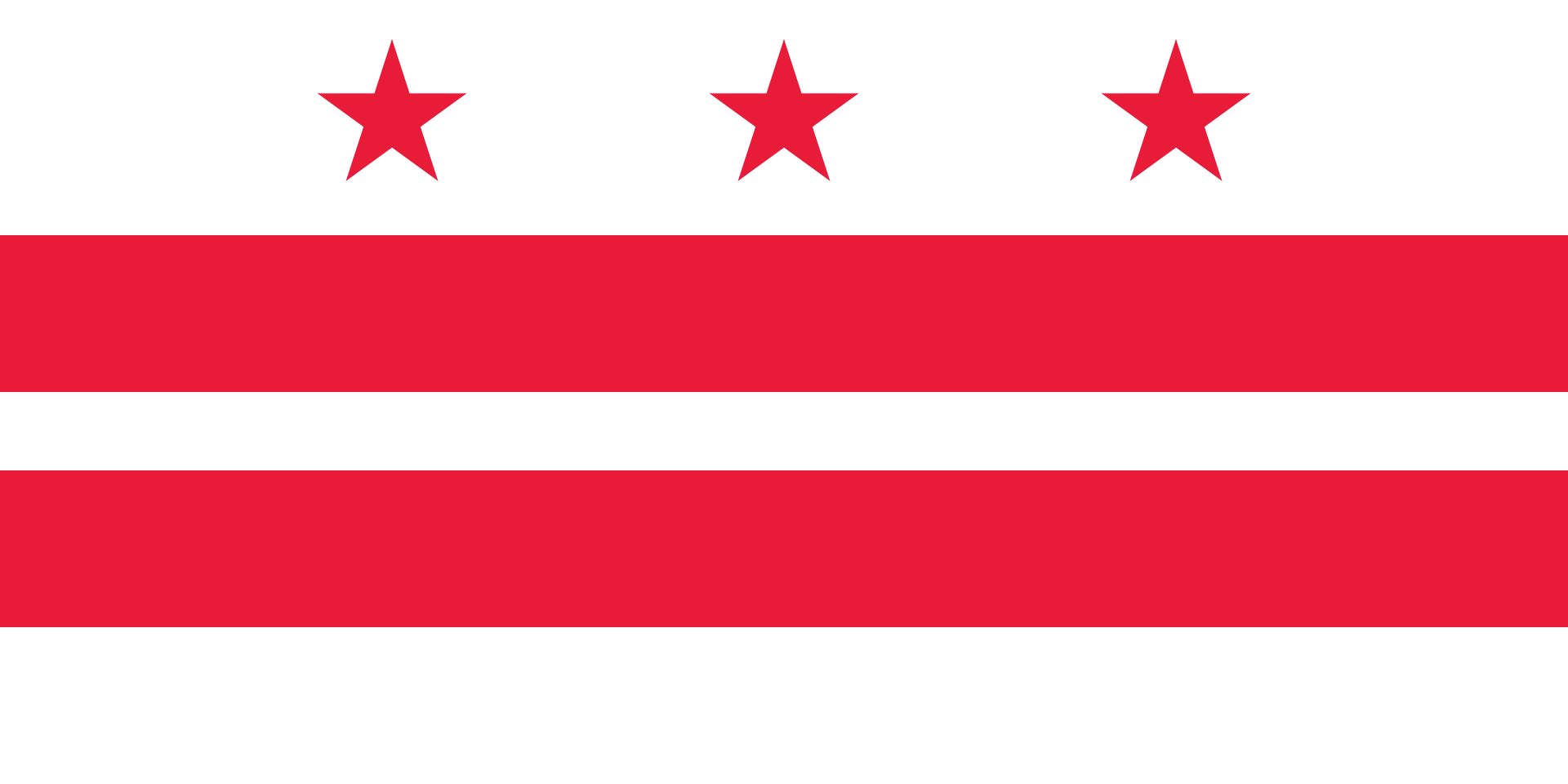 Washington, D.C.
Washington, D.C.
 Zhejiang Sheng-ZJ
Zhejiang Sheng-ZJ

20国集团(G20)是一个国际经济合作论坛,于1999年9月25日由八国集团的财长在华盛顿宣布成立,属于布雷顿森林体系框架内非正式对话的一种机制,由原八国集团以及其余十二个重要经济体组成。该组织的宗旨是为推动已工业化的发达国家和新兴市场国家之间就实质性问题进行开放及有建设性的讨论和研究,以寻求合作并促进国际金融稳定和经济的持续增长,按照以往惯例,国际货币基金组织与世界银行列席该组织的会议。20国集团成员涵盖面广,代表性强,该集团的GDP占全球经济的90%,贸易额占全球的80%,因此已取代G8成为全球经济合作的主要论坛。 二十国集团(英语:Group of Twenty,缩写:G20)是一个国际经济合作论坛,于1999年12月16日在德国柏林成立,属于布雷顿森林体系框架内对话的一种机制,由七国集团(加拿大、美国、英国、法国、德国、意大利、日本),金砖五国(巴西、俄罗斯、印度、中国、南非),七个重要经济体(墨西哥、阿根廷、土耳其、沙特阿拉伯、韩国、印度尼西亚、澳大利亚),以及欧洲联盟组成。按照惯例,国际货币基金组织与世界银行列席该组织的会议。
Die G20 (Abkürzung für Gruppe der zwanzig wichtigsten Industrie- und Schwellenländer) ist ein seit 1999 bestehender informeller Zusammenschluss aus 19 Staaten und der Europäischen Union. Sie soll als Forum für die Kooperation und Konsultation in Fragen des internationalen Finanzsystems dienen.
An den Treffen der G20 nehmen die Staats- und Regierungschefs der G20 Länder, die Finanzminister und Zentralbankchefs der G8 und elf weiterer Staaten, darunter die O-5, sowie die EU-Präsidentschaft (wenn diese zu diesem Zeitpunkt nicht von einem G8-Staat geführt wird), der Präsident der Europäischen Zentralbank, der Geschäftsführende Direktor (Managing Director) des Internationalen Währungsfonds, der Vorsitzende des Internationalen Währungs- und Finanzausschusses (IMFC), der Präsident der Weltbank und der Vorsitzende des Development Committees von Weltbank und Internationalem Währungsfonds teil.
G20(ジートゥエンティ)は、"Group of Twenty"の略で、主要国首脳会議(G7)に参加する7か国、EU、ロシア、および新興国11か国の計20か国・地域からなるグループである。
構成国・地域は、アメリカ合衆国、イギリス、フランス、ドイツ、日本、イタリア、カナダ、EU、ロシア、中華人民共和国、インド、ブラジル、メキシコ、南アフリカ共和国、オーストラリア、大韓民国、インドネシア、サウジアラビア、トルコ、アルゼンチンである。20か国・地域首脳会合(G20首脳会合)および20か国・地域財務大臣・中央銀行総裁会議(G20財務相・中央銀行総裁会議)を開催している。主要20か国・地域[1][2]とも言い、日本の放送局であるNHKでは、先進国会合であるG7と区別して、先進国に新興国を加えた主要20か国[3]と表現している。
The G20 (or Group of Twenty) is an international forum for the governments and central bank governors from 19 countries and the European Union (EU). Founded in 1999 with the aim to discuss policy pertaining to the promotion of international financial stability,[3] the G20 has expanded its agenda since 2008 and heads of government or heads of state, as well as finance ministers, foreign ministers and think tanks[4], have periodically conferred at summits ever since. It seeks to address issues that go beyond the responsibilities of any one organization.[3]
Membership of the G20 consists of 19 individual countries plus the European Union. The EU is represented by the European Commission and by the European Central Bank. Collectively, the G20 economies account for around 90%[5] of the gross world product (GWP), 80% of world trade (or, if excluding EU intra-trade, 75%), two-thirds of the world population,[2] and approximately half of the world land area.
With the G20 growing in stature[6] after its inaugural leaders' summit in 2008, its leaders announced on 25 September 2009 that the group would replace the G8 as the main economic council of wealthy nations.[7] Since its inception, the G20's membership policies have been criticized by some intellectuals,[8][9] and its summits have been a focus for major protests.[10][11]
The heads of the G20 nations held summits twice in 2009 and twice in 2010. Since the November 2011 Cannes summit, G20 summits have been held annually.[12]
Le Groupe des vingt (G20) est un groupe composé de dix-neuf pays et de l'Union européenne dont les ministres, les chefs des banques centrales et les chefs d'État se réunissent annuellement. Il a été créé en 1999, après la succession de crises financières dans les années 19901. Il vise à favoriser la concertation internationale, en intégrant le principe d'un dialogue élargi tenant compte du poids économique croissant pris par un certain nombre de pays. Le G20 représente 85 % du commerce mondial, les deux tiers de la population mondiale et plus de 90 % du produit mondial brut (somme des PIB de tous les pays du monde)1. Le 15 novembre 2008, pour la première fois de son histoire, les chefs d'État ou de gouvernement se sont réunis. Le G20 se décline sous trois formes : les G20 regroupant des chefs d'État et de gouvernement, les G20 finance regroupant les ministres des finances et les gouverneurs des banques centrales et, depuis les 20-21 avril 2010, des G20 sociaux, réunissant les ministres de l'emploi.
Il Gruppo dei 20 (o G20) è un forum dei leader, dei ministri delle finanze e dei governatori delle banche centrali, creato nel 1999, dopo una successione di crisi finanziarie per favorire l'internazionalità economica e la concertazione tenendo conto delle nuove economie in sviluppo. Di esso fanno parte i 19 paesi più industrializzati (quelli del G8 in primis) con l'eccezione di Spagna e Paesi Bassi (sono presenti invece Argentina e Sudafrica). È presente, inoltre, l'Unione europea.
Il G20 rappresenta i due terzi del commercio e della popolazione mondiale, oltre all'80% del PIL mondiale. Sono presenti anche alcune tra le maggiori organizzazioni internazionali.
El Grupo de los 20 (numerónimo: G-20) es un foro cuyos miembros permanentes son 19 países de todos los continentes (Alemania, Arabia Saudita, Argentina, Australia, Brasil, Canadá, China, Corea del Sur, Estados Unidos, Francia, India, Indonesia, Italia, Japón, México, Reino Unido, Rusia, Sudáfrica, Turquía y la Unión Europea).1
Es el principal espacio de deliberación política y económica del mundo.1 En conjunto las entidades políticas representadas en el G20 reúnen el 66 % de la población mundial y el 85 % del producto bruto mundial.1.
El G-20 cuenta además con 14 organizaciones internacionales socias, cuyas presidencias también integran el foro:2
- Mundiales (7): Naciones Unidas (ONU), Fondo Monetario Internacional (FMI), Banco Mundial, Consejo de Estabilidad Financiera (FSB), Organización Internacional del Trabajo (OIT), Organización Mundial de Comercio (OMC) y Organización Mundial de la Salud (OMS)
- Regionales (7): Asociación de Naciones del Sudeste Asiático (ASEAN), Unión Africana, Nueva Alianza para el Desarrollo de África (NEPAD), Comunidad del Caribe (CARICOM), Banco Interamericano de Desarrollo (BID), Banco de Desarrollo de América Latina (CAF) y Organización para la Cooperación y el Desarrollo Económico (OCDE)
El G-20 surgió en dos etapas. Primero en 1999, como un grupo de segundo nivel de autoridades económicas y financieras, y luego como un grupo de primer nivel en 2008, como consecuencia de la crisis mundial que estalló ese año, al constituirse como Cumbre de Jefes de Estado, desplazando al G-8 y al G8+5 como foro de discusión de la economía mundial.3
La instancia más importante del G20 es la Cumbre de Jefes de Estado, denominada Cumbre de Líderes, que se reúne una vez por año.4 El G20 cuenta con dos instancias gubernamentales de segundo nivel, denominadas canales de trabajo: el Canal de Finanzas que reúne a los ministros de Finanzas y presidentes de bancos centrales y el Canal de Sherpas, para tratar los temas no económicos.4
Complementariamente el G-20 cuenta con grupos de participación de la sociedad civil, llamados grupos de afinidad: Business 20 (B20) para empresarios, Civil 20 (C20) para ONGs, Labour 20 (L20) para sindicatos, Science 20 (S20) para científicos, Think 20 (T20) para institutos de investigación, Women 20 (W20) para organizaciones feministas y Youth 20 (Y20) para organizaciones juveniles.4
En 2019 la cumbre se realizó en Osaka Japón, correspondiendo la presidencia del grupo a su primer ministro, Shinzō Abe.
Больша́я двадца́тка (также G20, G-20 , Группа двадцати; официально — англ. The Group of Twenty, major advanced and emerging economies[1]) — клуб правительств и глав центральных банков государств с наиболее развитой и развивающейся экономикой[2].
В совокупности, G20 представляет 85 % мирового валового национального продукта, 75 % мировой торговли (включая торговлю внутри ЕС) и две трети населения мира[2].
Европейский союз представлен председателем Европейской комиссии и председателем Европейского совета[3]. Кроме того, обычно на встречах G20 присутствуют представители различных международных организаций, среди которых Совет по финансовой стабильности, Международный валютный фонд, Всемирная торговая организация, Африканский Союз, АСЕАН, Организация Объединённых Наций и Всемирный банк[2].
Группа 20 была создана в ответ на азиатский финансовый кризис конца 1990-х[2] и растущее сознание того, что страны с развивающейся рыночной экономикой не были адекватно представлены в мировых экономических обсуждениях и принятии решений. Переход от «большой семёрки» к формату G20 был ускорен из опасения катастрофы глобальной экономики в общемировой экономический кризис 2008 года[4]. До 2008 года группа не проводила саммитов на высшем уровне, её основной формой деятельности были ежегодные встречи на уровне министров финансов и глав центробанков. На сегодняшний день саммиты G20 являются глобальным форумом для сотрудничества и консультаций по вопросам, относящимся к международной финансово-экономической системе.


 Astronomy
Astronomy
 Energy resource
Energy resource
 Sport
Sport
 Motorsport
Motorsport

 Economy and trade
Economy and trade
 Geography
Geography